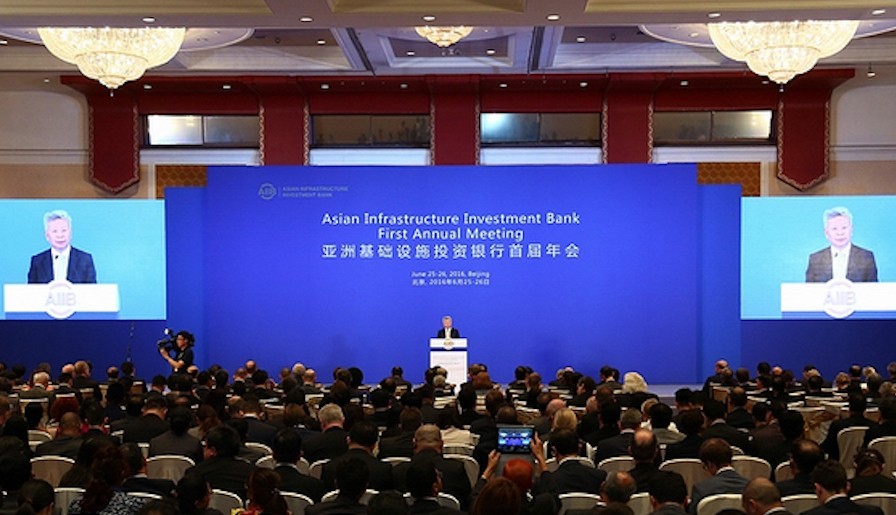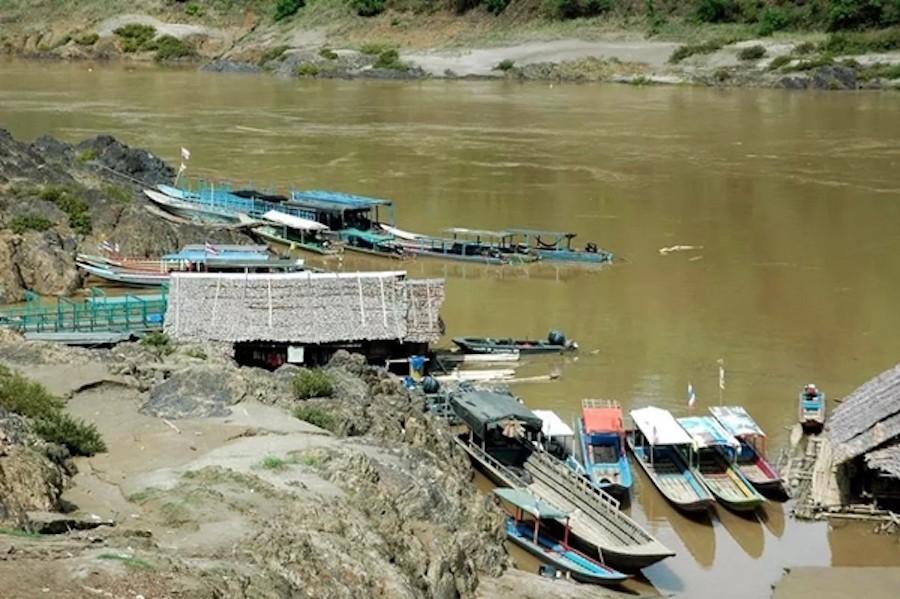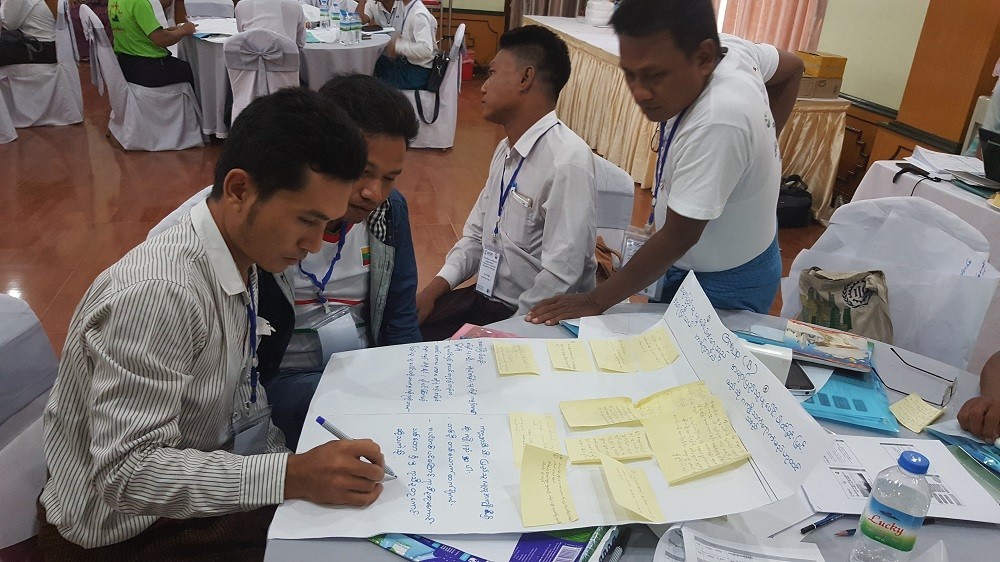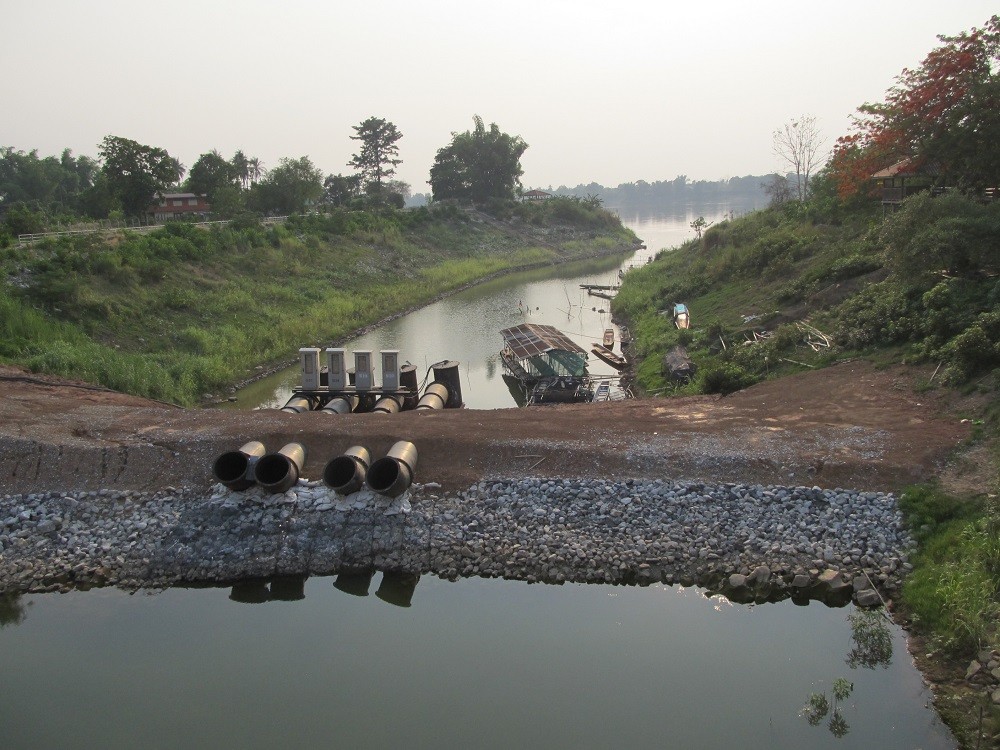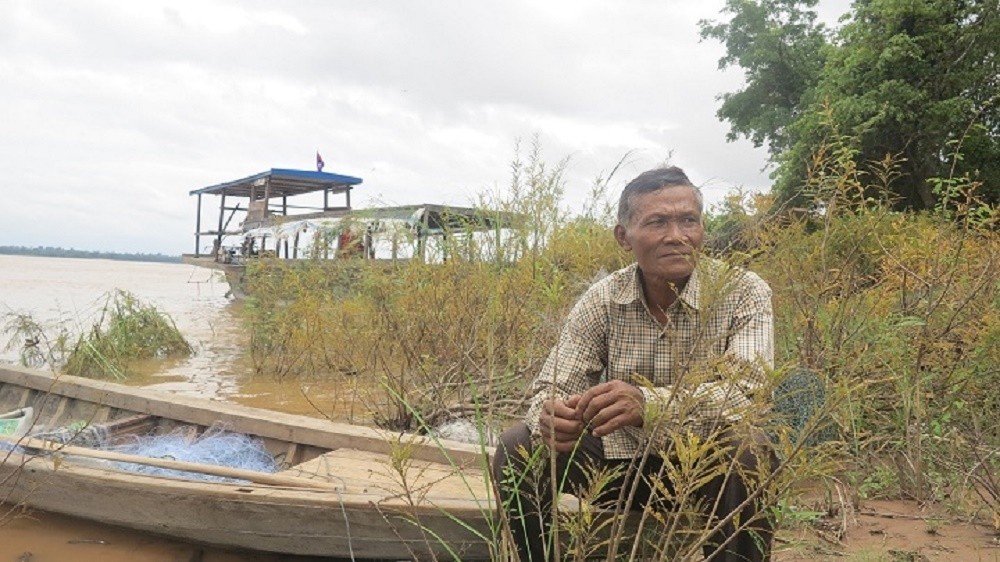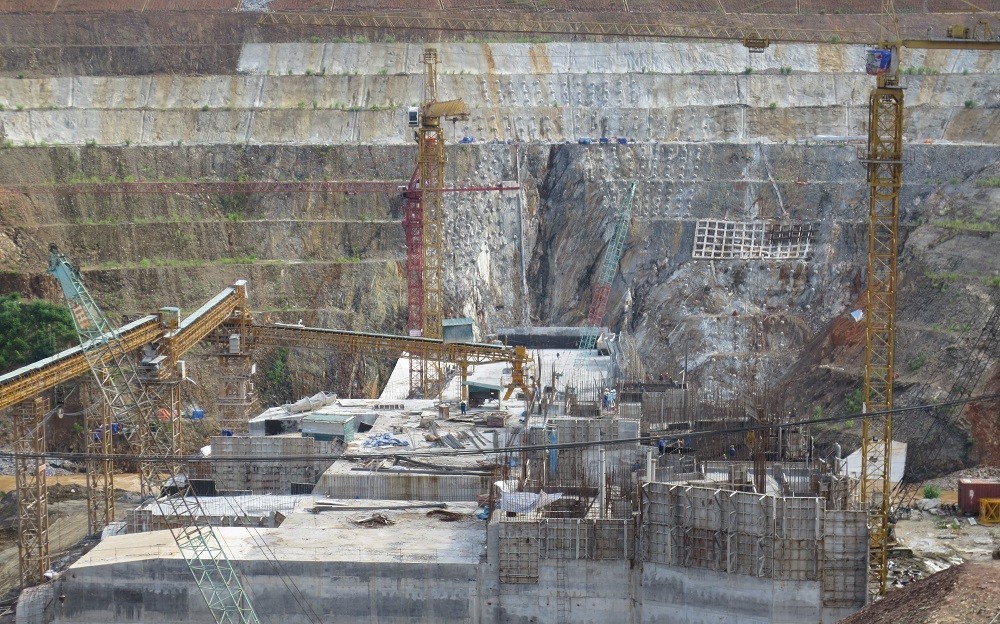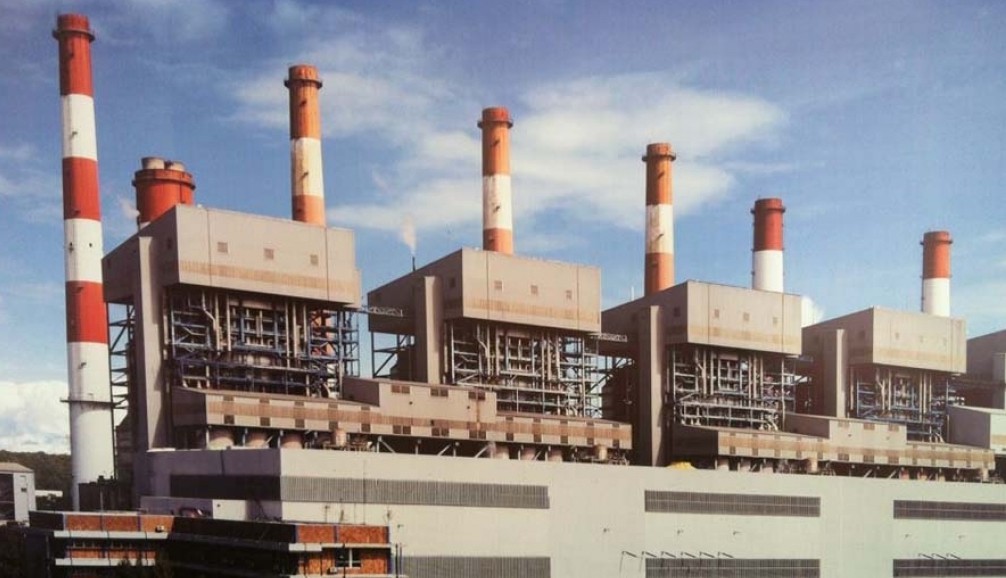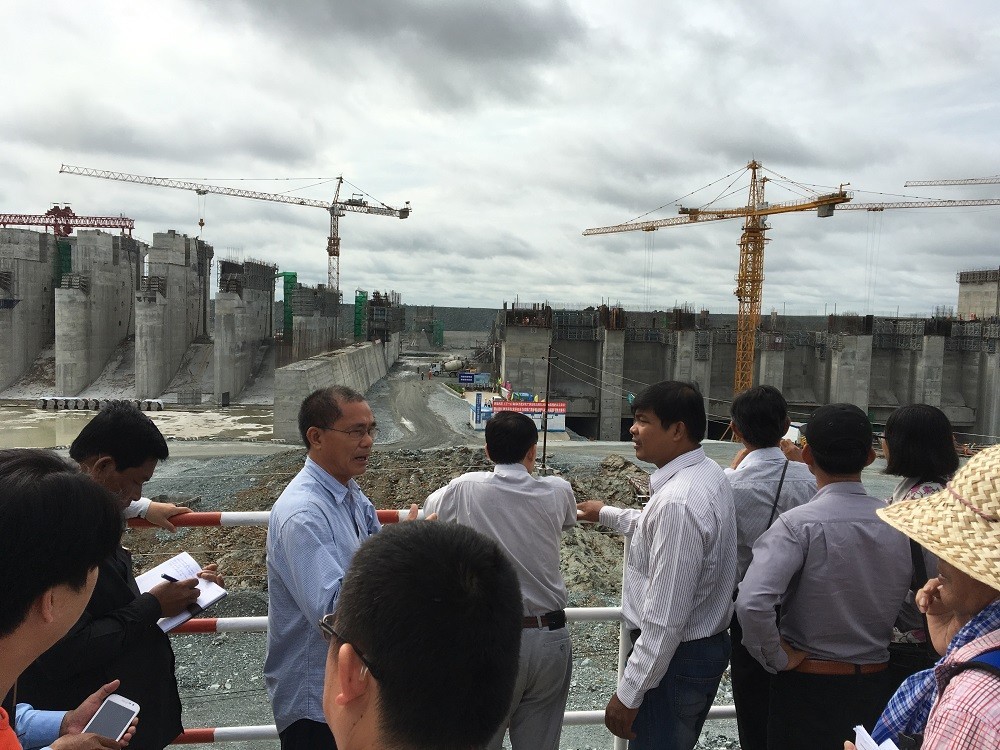Representatives from 57 countries, journalists, industry experts and civil society leaders gathered in Beijing on 25-26 June for the first annual meeting of the Asia Infrastructure Investment Bank (AIIB).
This was the bank’s first weigh-in, where its first six months of progress since launching in January would be judged by stakeholders and engaged parties. Of keen interest to many were the AIIB’s green credentials.


